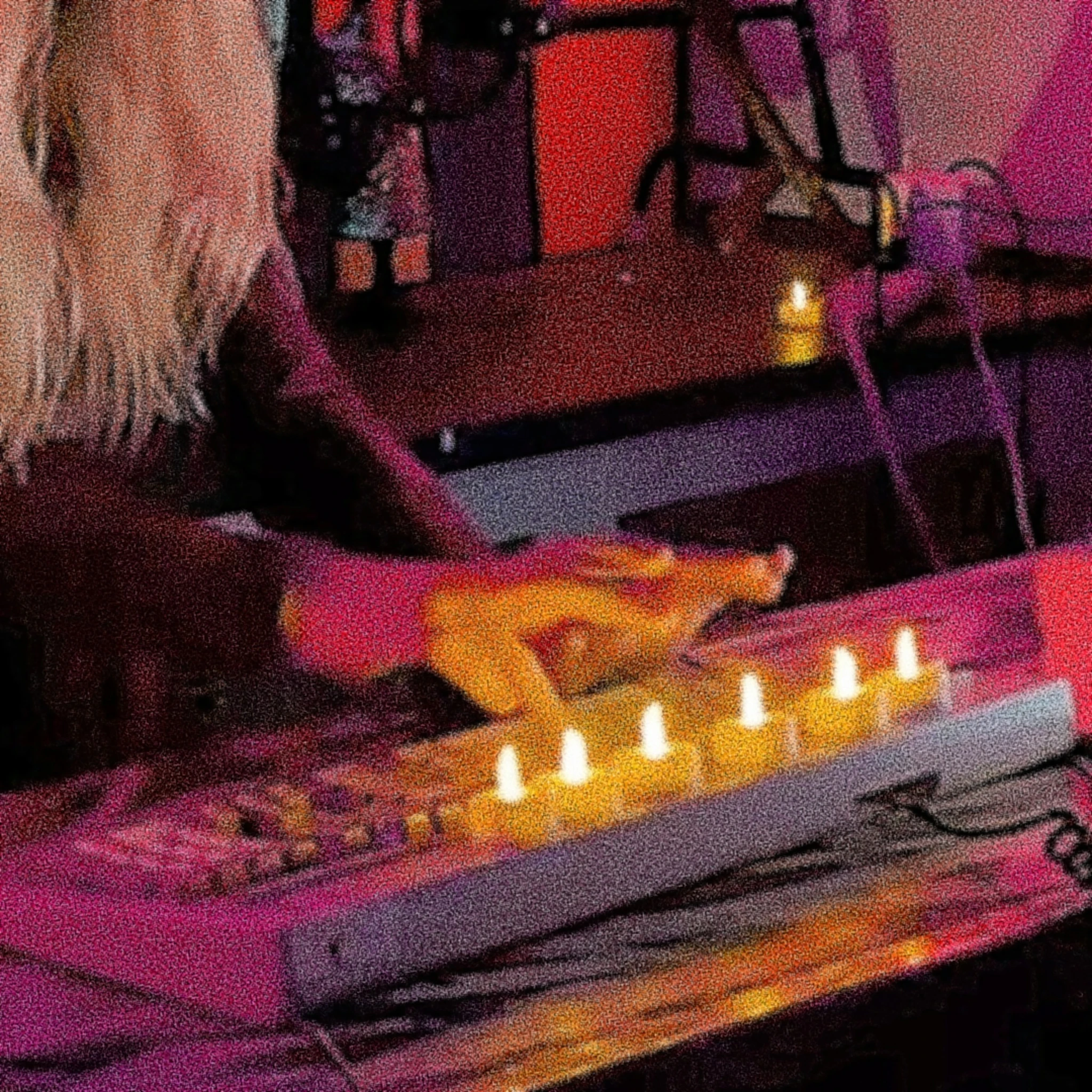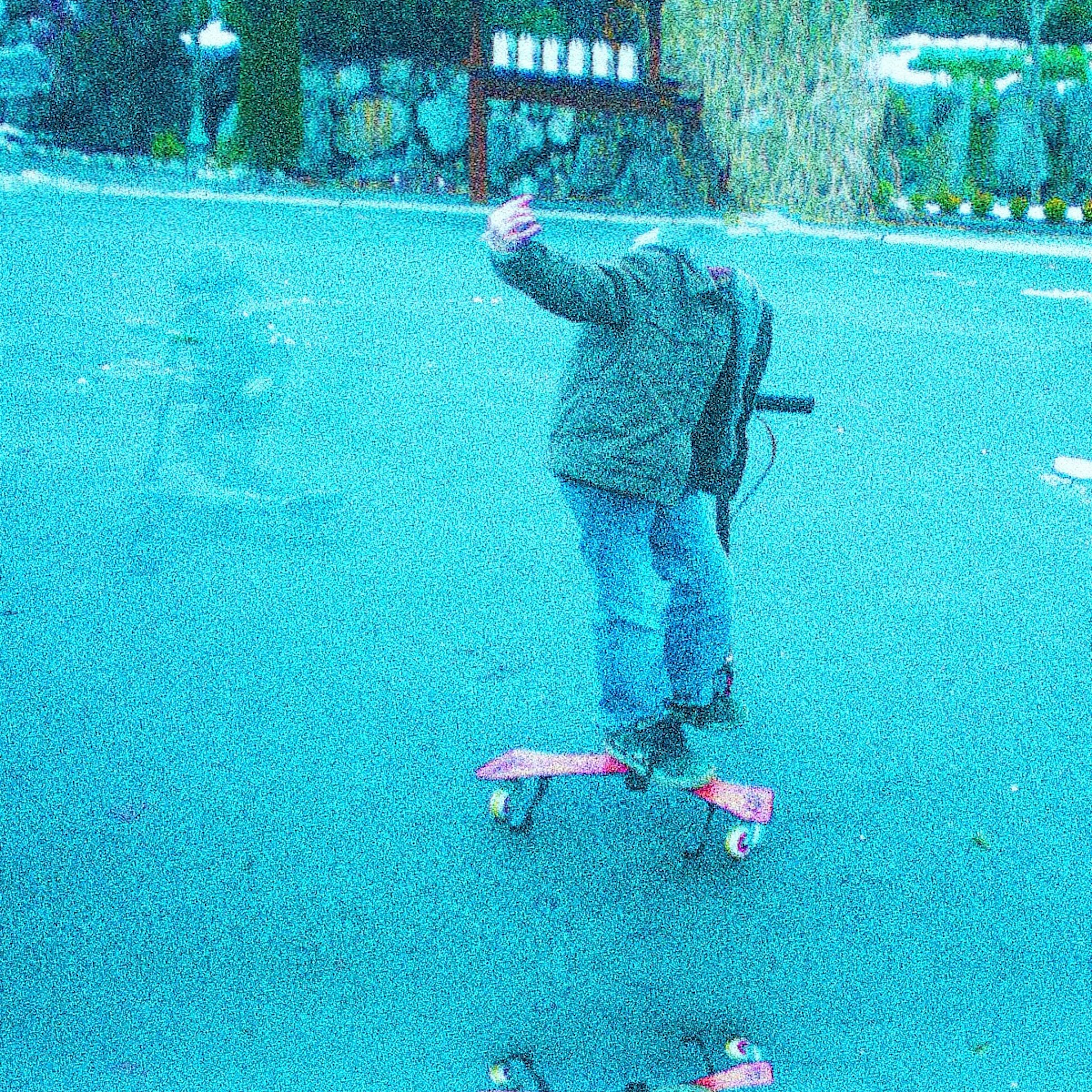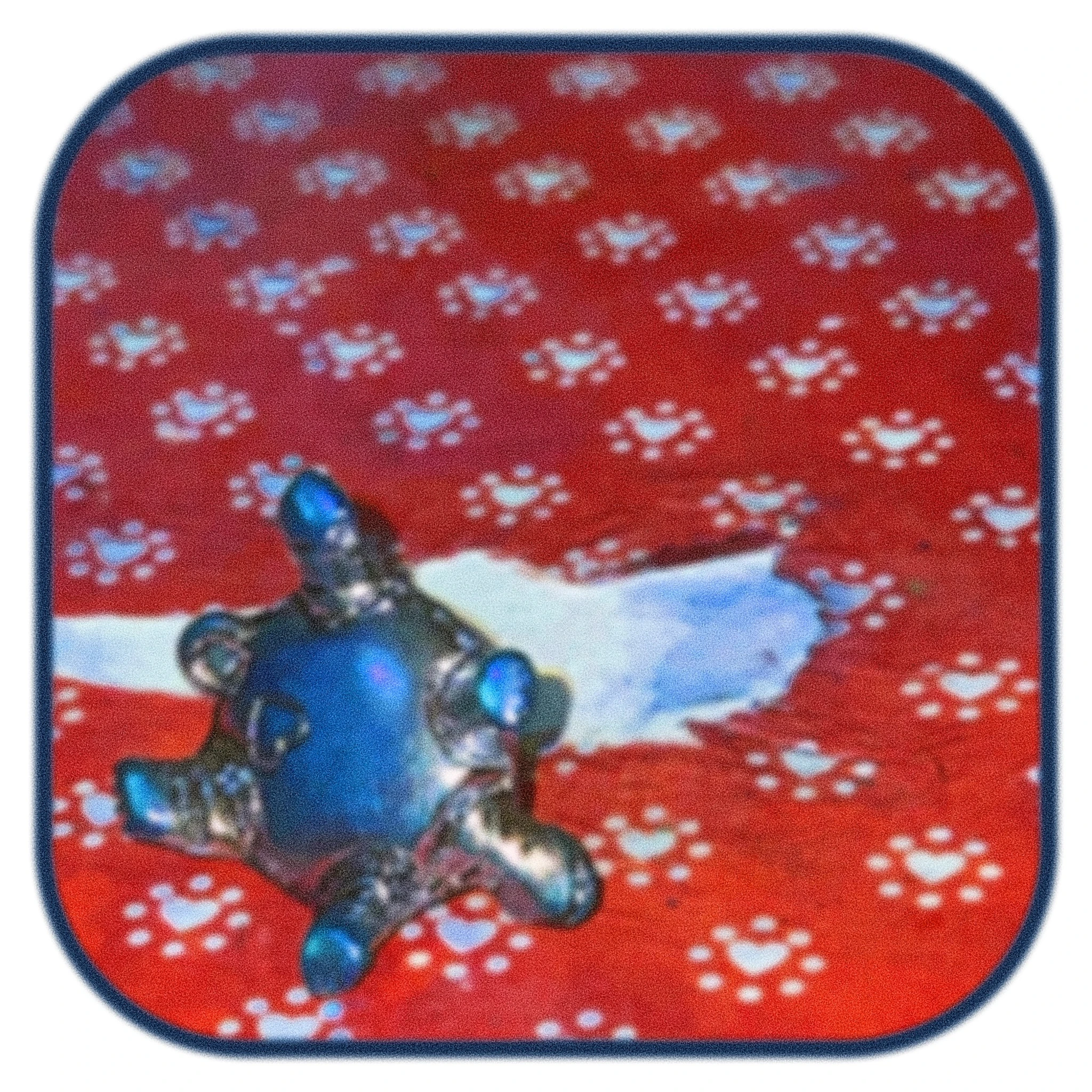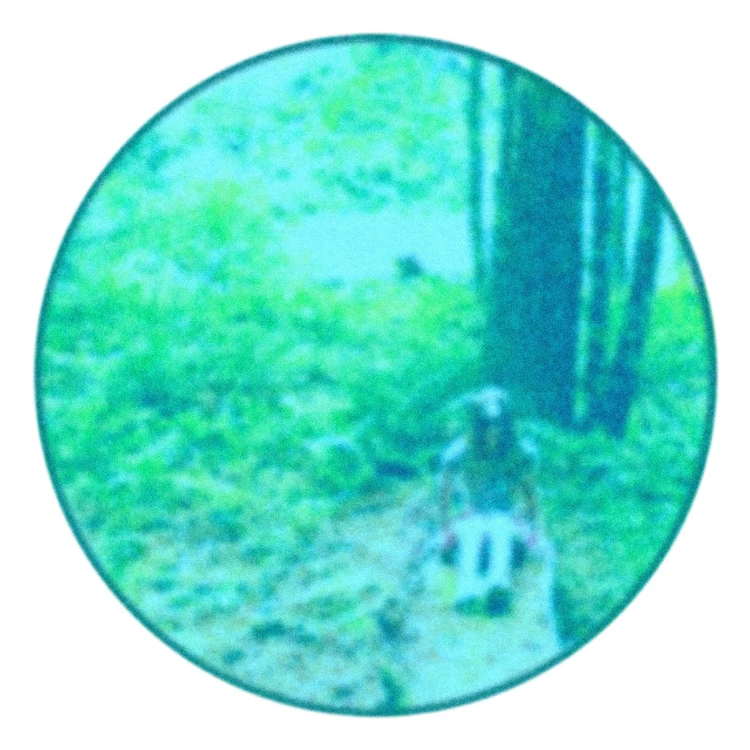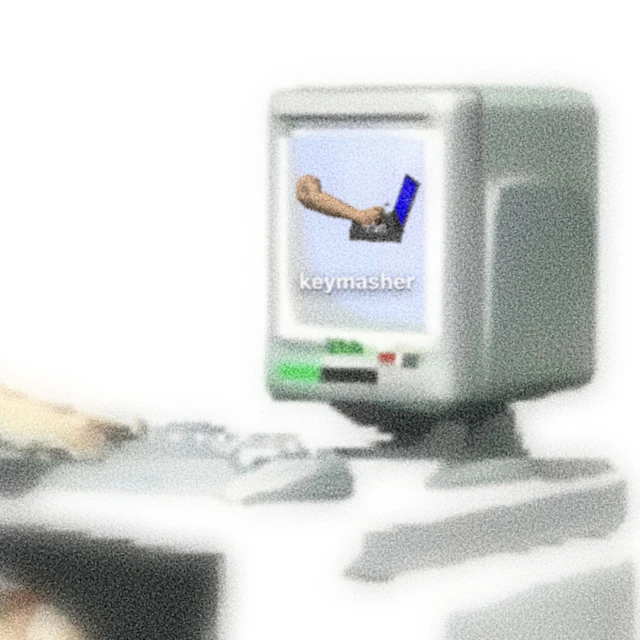
- 1keymasher 1
- 2keymasher 2
- 3keymasher 3
- 4keymasher 4
- 5keymasher 5
- 6keymasher 6
- 7keymasher 7
- 8keymasher 8
- 9keymasher 9
- 10keymasher 10
- 11keymasher 11
- 12keymasher 12
- 13keymasher 13
- 14keymasher 14
- 15keymasher 15
- 16keymasher 16
- 17keymasher 17
- 18keymasher 18
- 19keymasher 19
- 20keymasher 20
- 21keymasher 21
- 22keymasher 22
- 23keymasher 23
- 24keymasher 24
- 25keymasher 25
- 26keymasher 26
- 27keymasher 27
- 28keymasher 28
- 29keymasher 29
- 30keymasher 30
- 31keymasher 31
- 32keymasher 32
- 33keymasher 33
- 34keymasher 34
- 35keymasher 35
- 36keymasher 36
- 37keymasher 37
- 38keymasher 38
- 39keymasher 39
- 40keymasher 40
- 41keymasher 41
- 42keymasher 42
- 43keymasher 43
- 44keymasher 44
- 45keymasher 45
- 46keymasher 46
- 47keymasher 47
- 48keymasher 48
- 49keymasher 49
- 50keymasher 50
- 51keymasher 51
- 52keymasher 52
- 53keymasher 53
- 54keymasher 54
- 55keymasher 55
- 56keymasher 56
- 57keymasher 57
- 58keymasher 58
- 59keymasher 59
- 60keymasher 60
- 61keymasher 61
- 62keymasher 62
- 63keymasher 63
- 64keymasher 64
- 65keymasher 65
- 66keymasher 66
023
•
Open edition
[Originally recorded 7/8/24 to 12/31/24]
[Originally released 01/28/25]
Overview
Improvised beats on my computer keyboard using 1-2 sample layers and 1 drum rack jammed into an instrument rack and played simultaneously. I’ve been making music on my computer for over 7 years now and have tried time and time again to find ways to perform my music, only to end up infuriated and saddened by the expectations forced upon musicians in the realm of performance and subsequent boxes one is told one must fill in order to be considered a worthwhile musician who performs. This is the first time I’ve felt truly engaged in performance, excited about the results, and willing to share it with others within the realm of Electronic music.
Source
The etymology of keymashing stems from button mashing, "a technique in video games where a player repeatedly presses buttons on a controller in a quick or random manner. It's often done out of frustration or impatience, especially when trying to achieve a desired outcome".
Purpose
Born as a response to music academia and an environment of devout gear heads that would continuously assert the notion that you need this, that, and the other in order to make an interesting and impactful performance.
Creative Process
In the early stages, it started with setting up a drum break to loop, finding a sample to throw into Ableton Live’s ‘Simpler’ device, setting simpler to ‘slice’ mode and setting ‘regions’ parameter to 64. From there, I would activate the computer MIDI keyboard function and improvise over the looping drum break using the simpler device.
A few weeks passed and I had moved home after graduating from college, and had a lot of spare time while looking for a job to save up to move back out to the east coast. I began digging deeper into this initial concept, soon getting my own drums loaded into a drum rack, and layering the simpler with a secondary simpler layer of silly samples or sounds that allowed me to introduce different emotions or ideas as well as rhythmic space.
At that point I had coined the term keymashing, and was devoting hours of my time everyday to creating racks of different samples, but soon after received some advice that brought the concept to an entirely different level of improvisational possibilities. A mentor/peer/friend of mine brought up the idea of using the ‘Slice to new MIDI track’ function to both streamline the process of setting up new racks, but also to give the option to play around with the sample offset and loop compression via the use of the expression control MIDI device. This allowed me to make it so that with every key being mashed, the expression control is triggered to randomize both the sample offset and loop compression, and with the added rise and fall parameters, creating smooth randomization and an opportunity to create complex melodic and timbral phrases in an entirely improvised manner, and in a way that allowed me to have a form of dialogue with my computer/instrument.
As time went on, and I had both moved back to the east coast and begun doing live keymashing performances, I realized there was still an area I had yet to cover, which was the option of introducing entirely different timbres and spaces via building effects racks that are easily controlled. I wanted a way to change the spaces in which keymashing could exist without changing my performance style, which I had grown inseparable from. Two simple effects racks with 2-4 macros each allow me to morph my keymashing performances across several different genres, including ambient, trip hop, beats, electronic, glitch, and harsh noise. Recently, I have been finding nice spots in the randomization and turning off the expression control to explore a specific idea or motif, as well as messing with the effects rack macros to morph between textures on a smaller time-scale.
What once started on my laptop keyboard is now done on a Model M IBM computer keyboard from 1986, and an early 2000’s microsoft mouse, both of which were found in a dump by a friend and generously gifted to me upon request.
The experience of building keymashing as a concept from the ground up changed my view on performance entirely, and has allowed me to view my own contributions to the world as an artist in a different light, as well as allowing me to conquer my debilitating stage fright. I feel free when I am keymashing.
some videos of this journey available here: www.youtube.com/watch?v=M3Lqup9Qvj0&list=PLbHw4GOIQFDMgqghz4ZWZpAhA-d4DQiCv
[Originally released 01/28/25]
Overview
Improvised beats on my computer keyboard using 1-2 sample layers and 1 drum rack jammed into an instrument rack and played simultaneously. I’ve been making music on my computer for over 7 years now and have tried time and time again to find ways to perform my music, only to end up infuriated and saddened by the expectations forced upon musicians in the realm of performance and subsequent boxes one is told one must fill in order to be considered a worthwhile musician who performs. This is the first time I’ve felt truly engaged in performance, excited about the results, and willing to share it with others within the realm of Electronic music.
Source
The etymology of keymashing stems from button mashing, "a technique in video games where a player repeatedly presses buttons on a controller in a quick or random manner. It's often done out of frustration or impatience, especially when trying to achieve a desired outcome".
Purpose
Born as a response to music academia and an environment of devout gear heads that would continuously assert the notion that you need this, that, and the other in order to make an interesting and impactful performance.
Creative Process
In the early stages, it started with setting up a drum break to loop, finding a sample to throw into Ableton Live’s ‘Simpler’ device, setting simpler to ‘slice’ mode and setting ‘regions’ parameter to 64. From there, I would activate the computer MIDI keyboard function and improvise over the looping drum break using the simpler device.
A few weeks passed and I had moved home after graduating from college, and had a lot of spare time while looking for a job to save up to move back out to the east coast. I began digging deeper into this initial concept, soon getting my own drums loaded into a drum rack, and layering the simpler with a secondary simpler layer of silly samples or sounds that allowed me to introduce different emotions or ideas as well as rhythmic space.
At that point I had coined the term keymashing, and was devoting hours of my time everyday to creating racks of different samples, but soon after received some advice that brought the concept to an entirely different level of improvisational possibilities. A mentor/peer/friend of mine brought up the idea of using the ‘Slice to new MIDI track’ function to both streamline the process of setting up new racks, but also to give the option to play around with the sample offset and loop compression via the use of the expression control MIDI device. This allowed me to make it so that with every key being mashed, the expression control is triggered to randomize both the sample offset and loop compression, and with the added rise and fall parameters, creating smooth randomization and an opportunity to create complex melodic and timbral phrases in an entirely improvised manner, and in a way that allowed me to have a form of dialogue with my computer/instrument.
As time went on, and I had both moved back to the east coast and begun doing live keymashing performances, I realized there was still an area I had yet to cover, which was the option of introducing entirely different timbres and spaces via building effects racks that are easily controlled. I wanted a way to change the spaces in which keymashing could exist without changing my performance style, which I had grown inseparable from. Two simple effects racks with 2-4 macros each allow me to morph my keymashing performances across several different genres, including ambient, trip hop, beats, electronic, glitch, and harsh noise. Recently, I have been finding nice spots in the randomization and turning off the expression control to explore a specific idea or motif, as well as messing with the effects rack macros to morph between textures on a smaller time-scale.
What once started on my laptop keyboard is now done on a Model M IBM computer keyboard from 1986, and an early 2000’s microsoft mouse, both of which were found in a dump by a friend and generously gifted to me upon request.
The experience of building keymashing as a concept from the ground up changed my view on performance entirely, and has allowed me to view my own contributions to the world as an artist in a different light, as well as allowing me to conquer my debilitating stage fright. I feel free when I am keymashing.
some videos of this journey available here: www.youtube.com/watch?v=M3Lqup9Qvj0&list=PLbHw4GOIQFDMgqghz4ZWZpAhA-d4DQiCv
